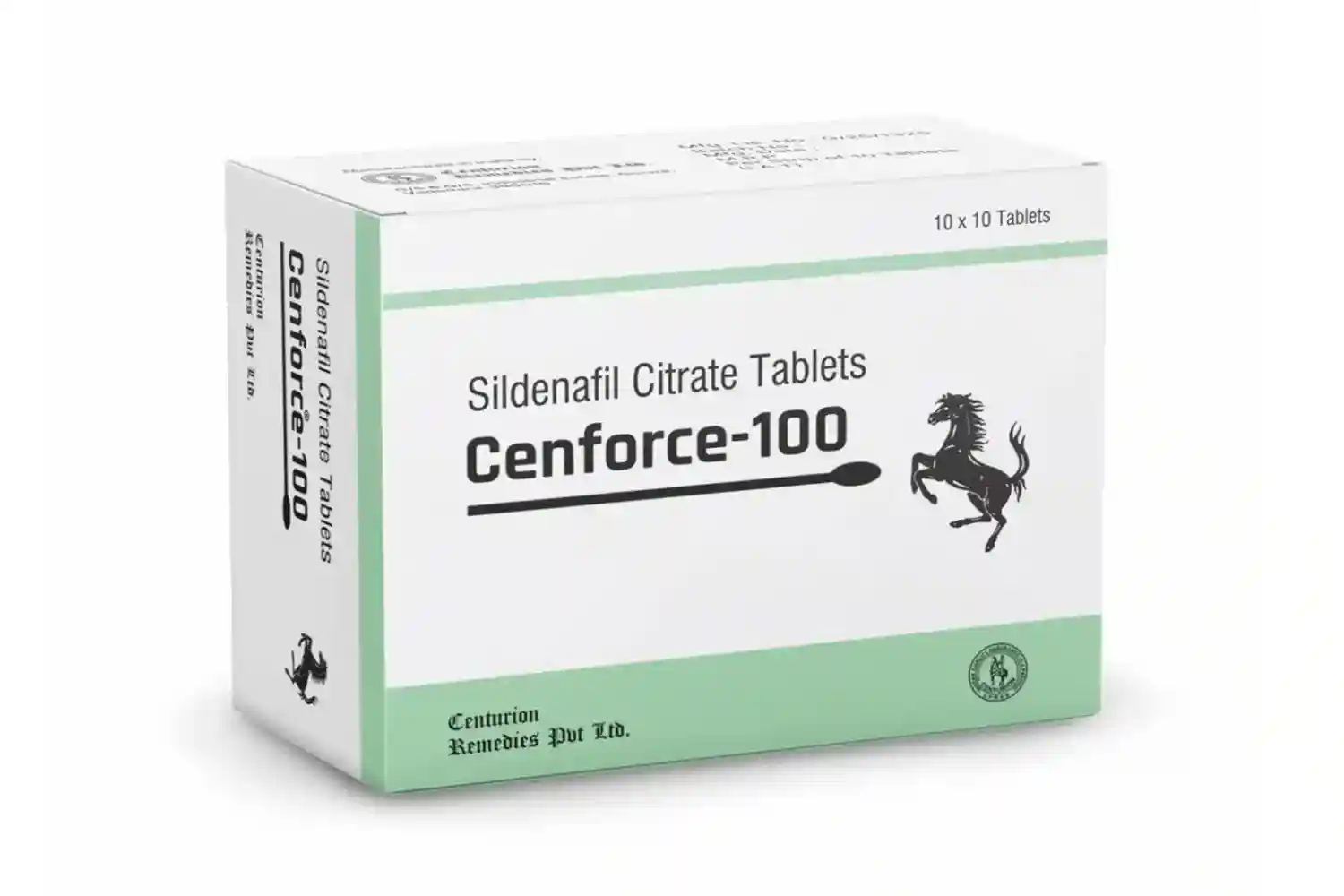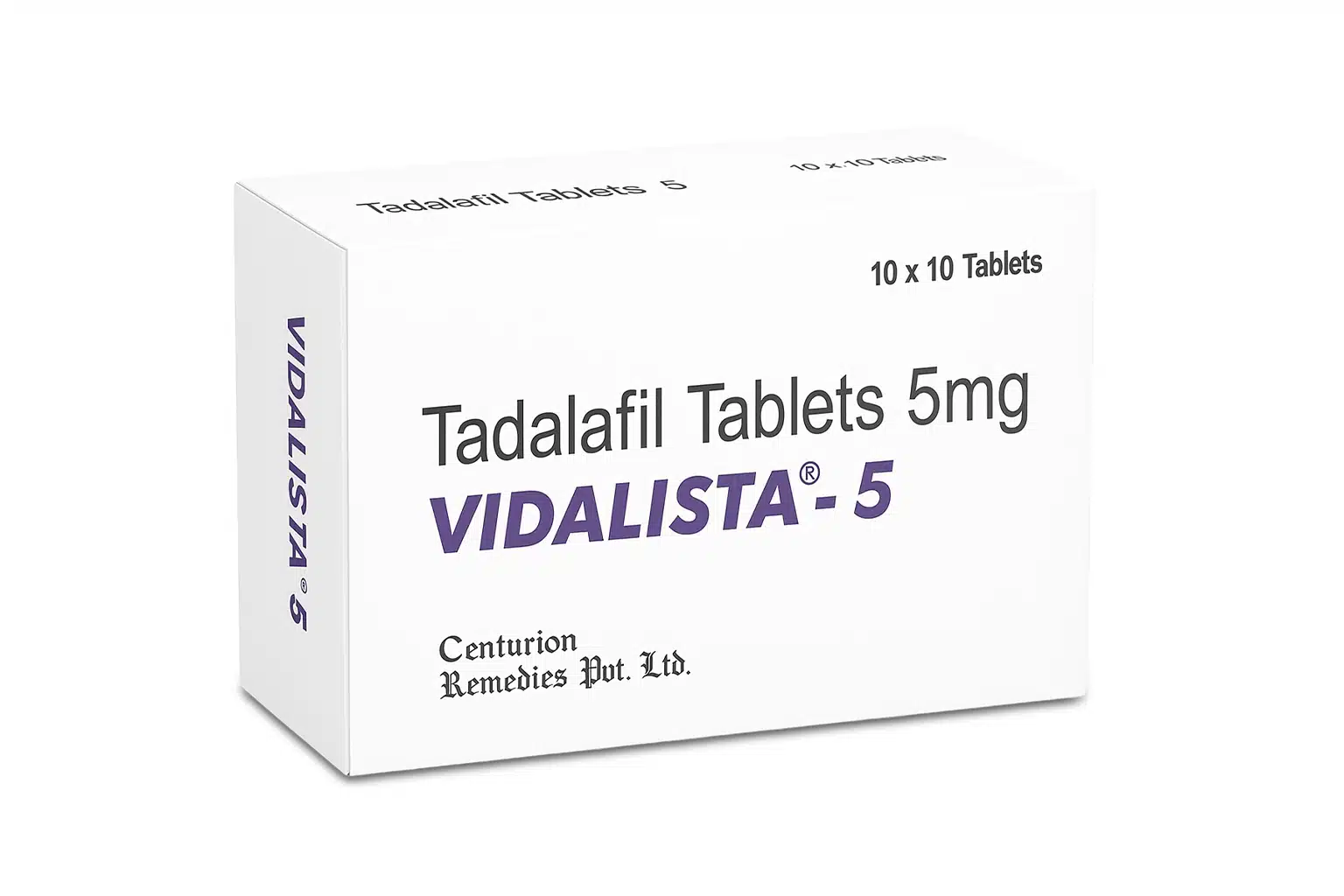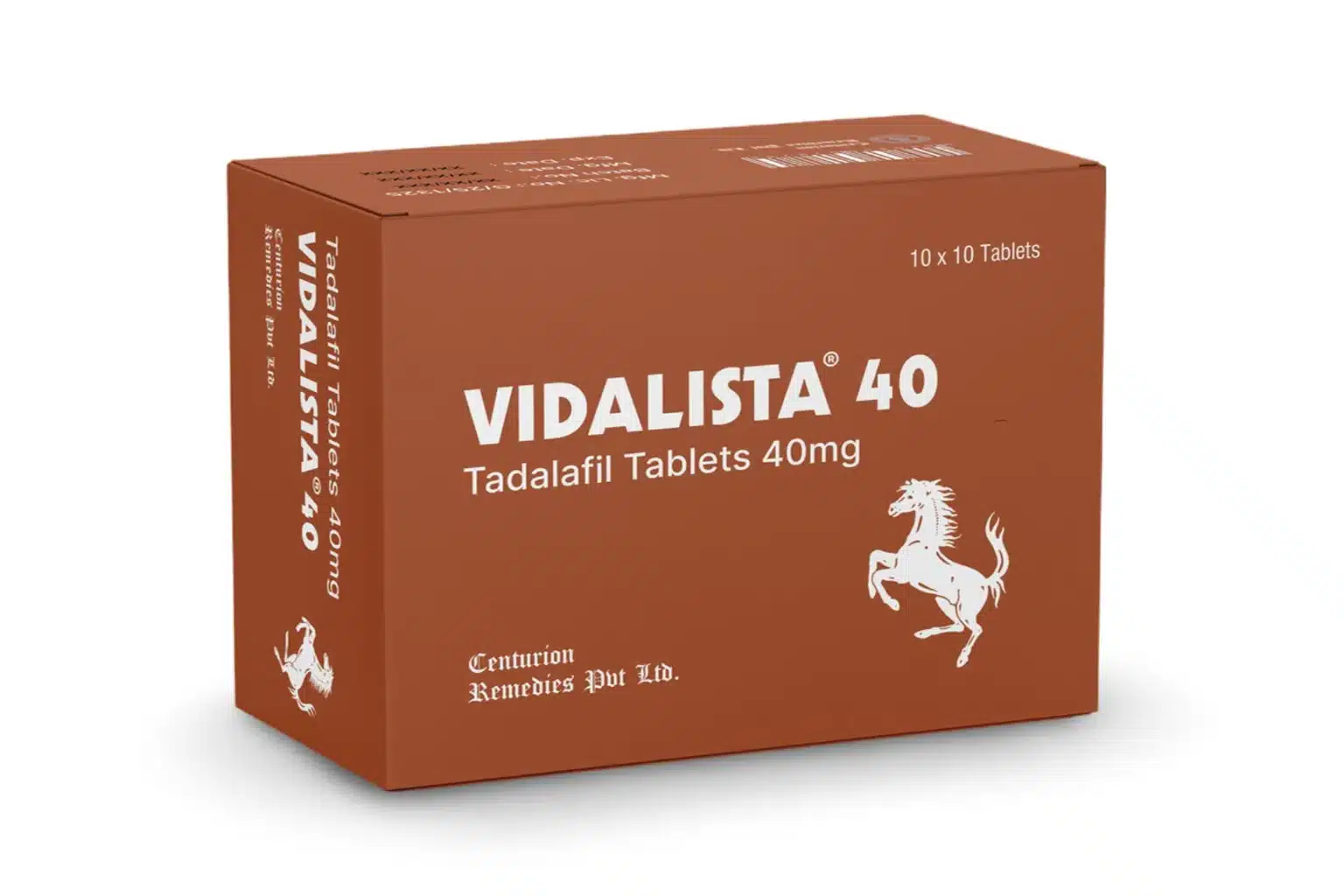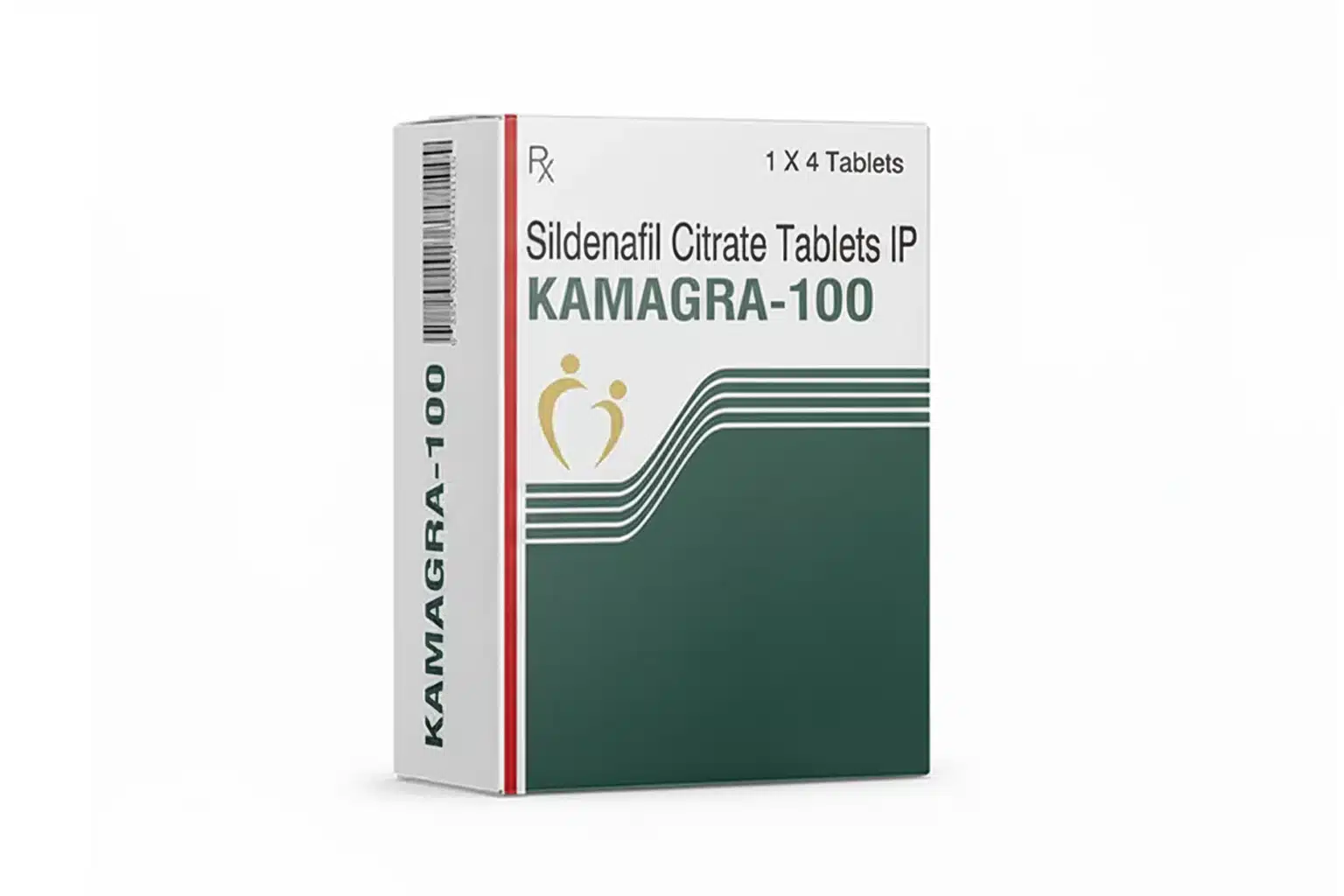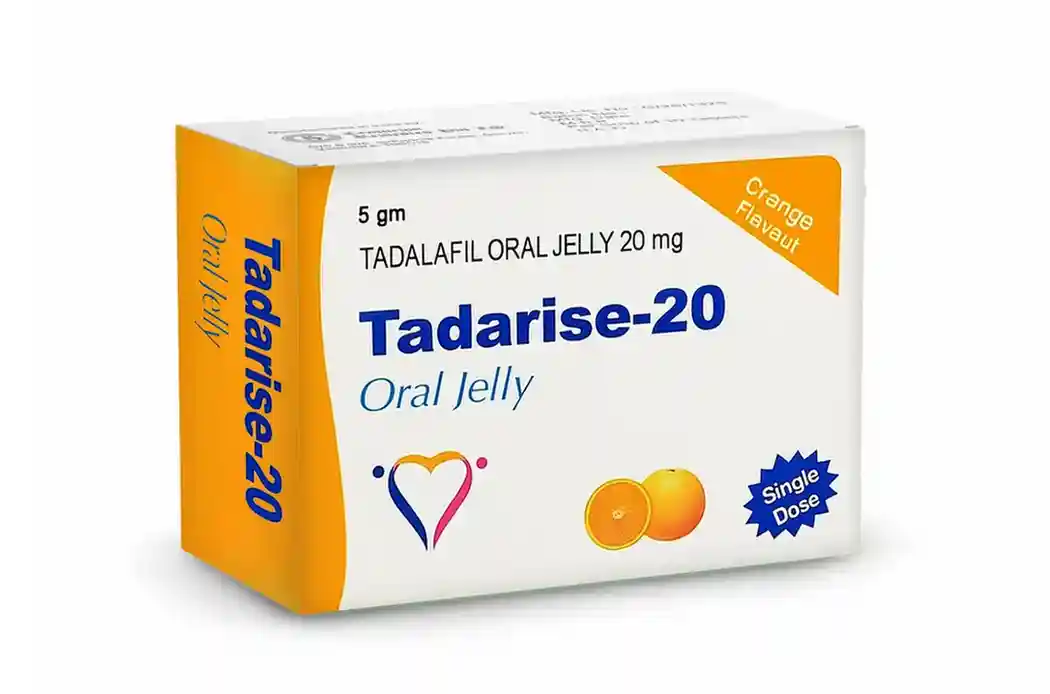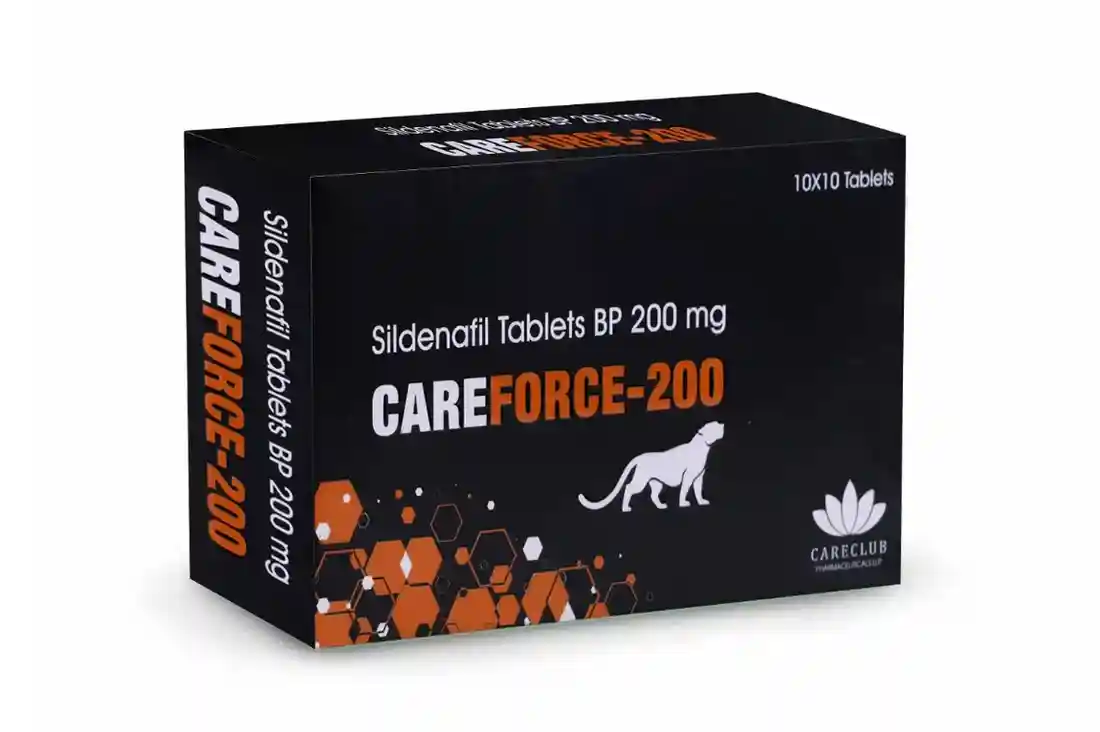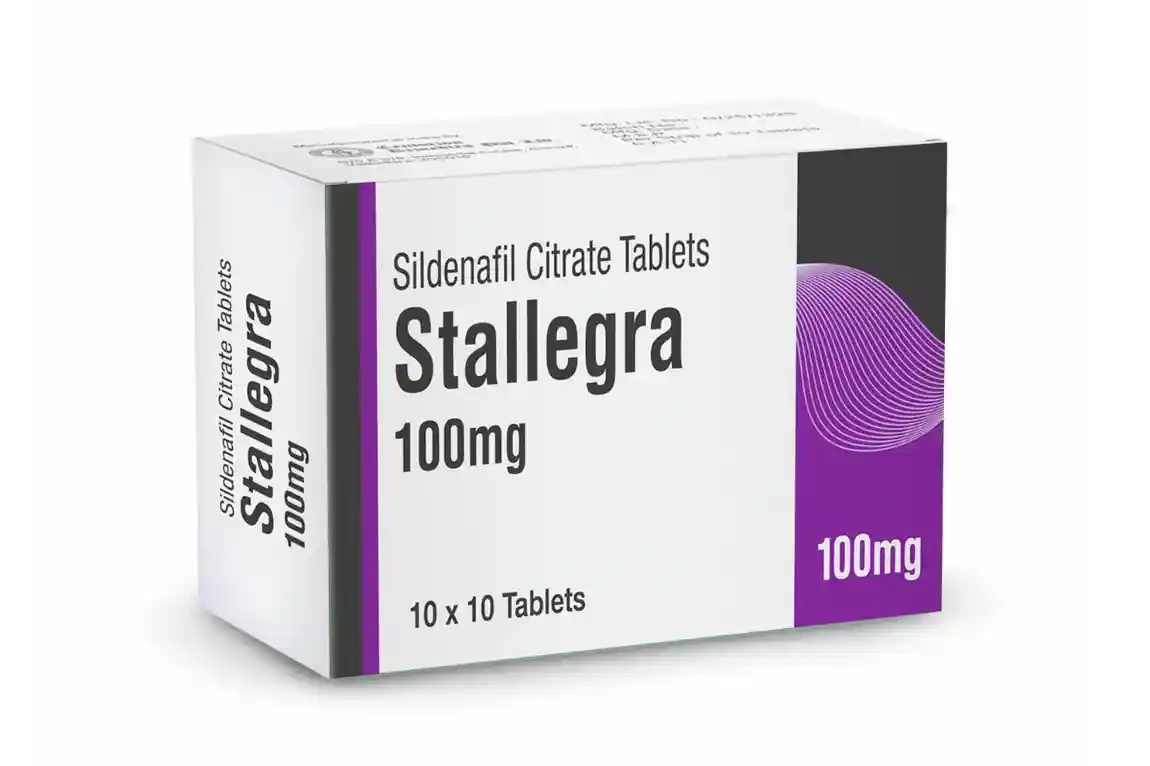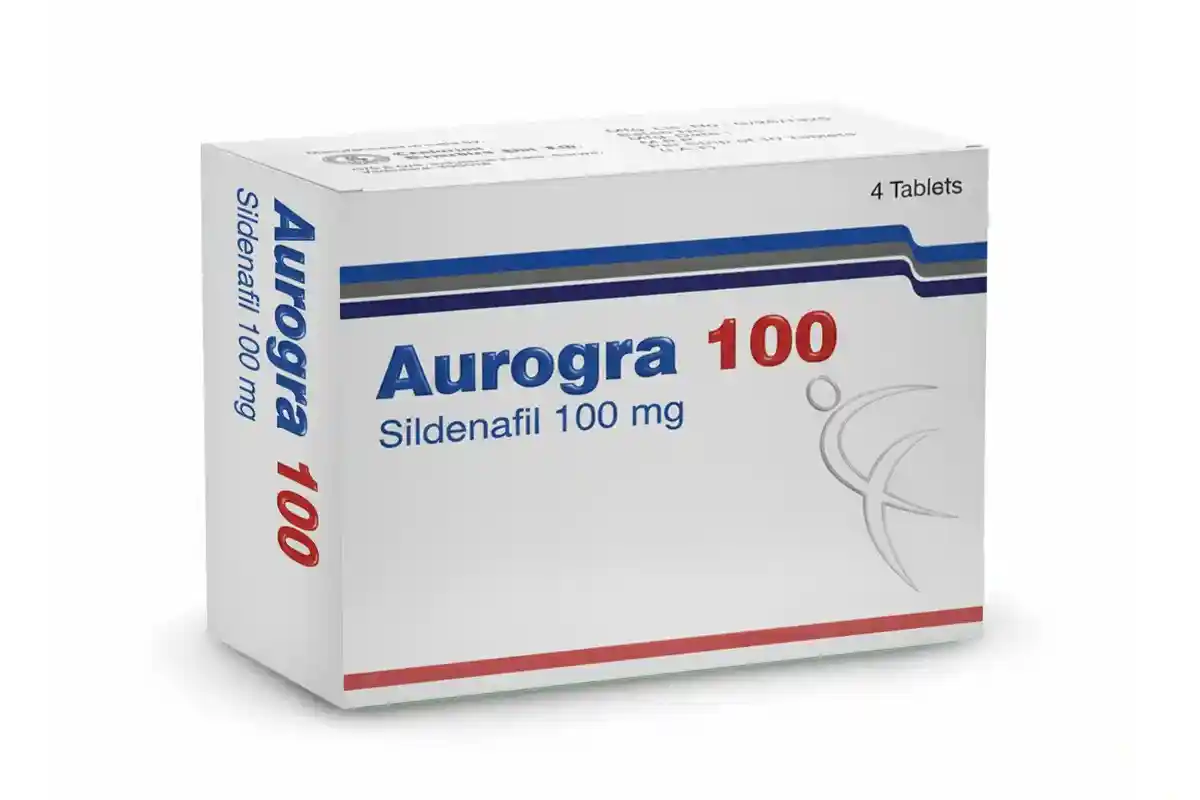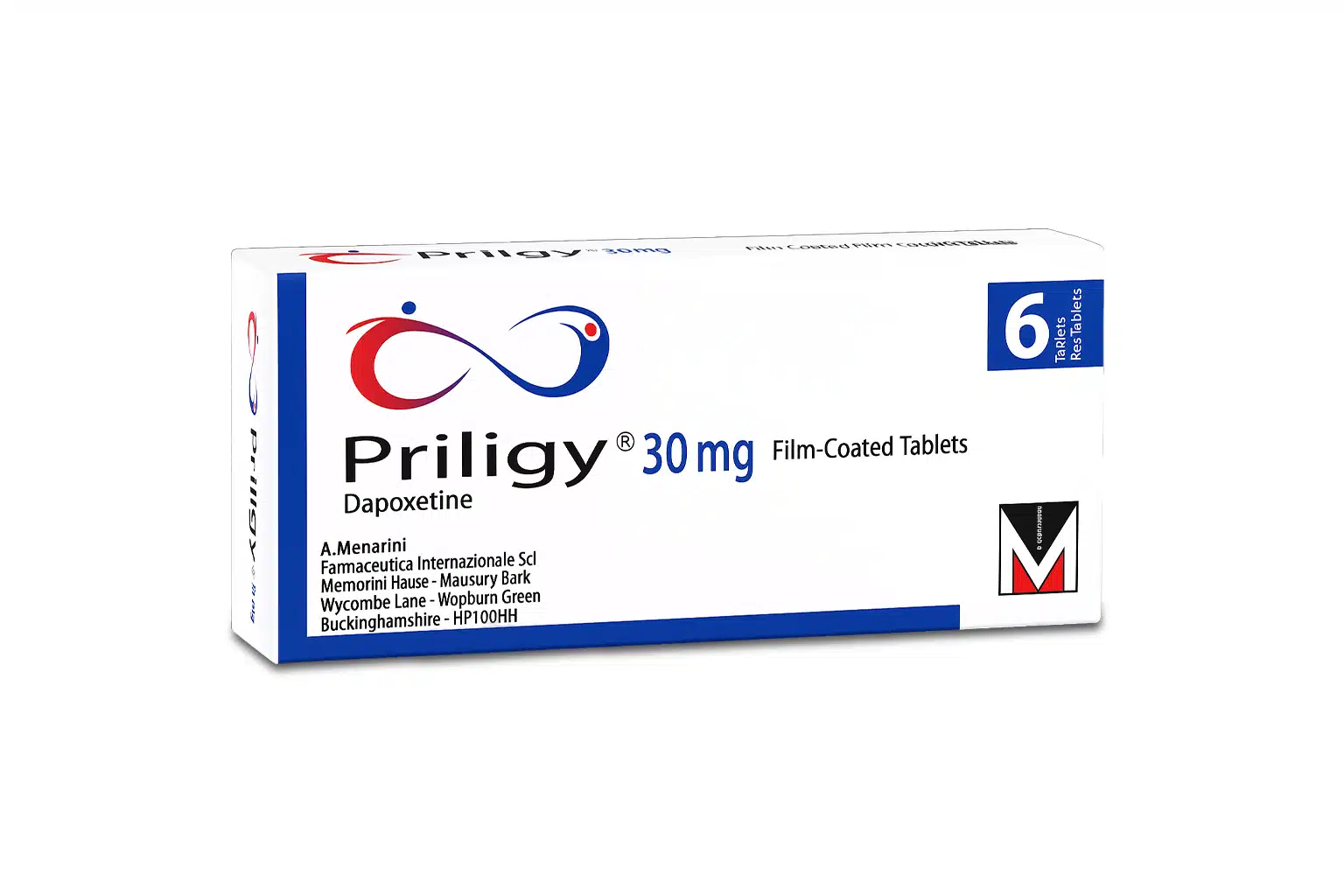Most men see erectile dysfunction (ED) as a problem that only happens in the bedroom. But the truth is, ED can be a lot more than that. It’s not always just about sex; it’s also about your heart and overall health. Blood flow is very important for getting and keeping an erection, and guess what else blood flow is important for? Your heart.
That’s why problems with the heart and ED are often related. In fact, for some men, ED is one of the first signs that their heart and blood vessels might not be working right. Let’s make this simple so you can see the connection and do something before things get worse.

Why Your Heart and Your Erection Are Linked
You need to know how an erection works to understand how men’s performance and heart health are related. Your brain sends signals to the nerves in your penis when you are sexually excited. These nerves tell blood vessels to open up, which lets blood flow in and fill the erectile tissue.
If your heart is pumping well and your blood vessels are healthy, this process will go smoothly. But if your arteries are clogged, your circulation is weak, or you have heart disease, that blood flow is stopped. If there isn’t enough blood flowing to the penis, erections become weaker, harder to keep, or don’t happen at all.
If the pipes are clogged or the pump is weak, water won’t flow properly. Your sexual performance can also suffer if your heart and blood vessels aren’t healthy.
ED as a Warning Sign for Heart Problems
Doctors often call the ED a “canary in the coal mine” for heart disease and sexual health. That’s because the arteries in the penis are smaller than those in the heart. If plaque starts building up in your arteries, it’s likely to affect your erections before you notice any chest pain or shortness of breath.
Studies have shown that men with ED are more likely to have heart problems within the next few years. In some cases, ED can appear two to five years before heart symptoms. If you pay attention to it, this gives you a valuable early warning.
Poor Blood Circulation: The Root of the Problem
One of the main poor blood circulation is difficulty achieving or maintaining an erection. When your blood doesn’t flow properly, your sexual organs can’t get the oxygen and nutrients they need. This is often caused by:
- Atherosclerosis (clogged arteries) – fatty deposits that narrow blood vessels.
- High blood pressure damages the lining of blood vessels, making them less able to expand.
- High cholesterol contributes to plaque buildup in arteries.
- Diabetes damages nerves and blood vessels, both crucial for erections.
When circulation issues start, they don’t just affect your penis—they affect your whole body. Your heart, brain, and other organs also rely on good circulation.
Lifestyle Habits That Hurt Both Your Heart and Your Performance
If you’re experiencing ED, it’s worth looking at your daily habits. Many of the choices that harm your heart also make ED worse:
- Smoking damages blood vessels and lowers nitric oxide levels needed for erections.
- Poor diet – eating lots of processed or fried foods can increase cholesterol and lead to artery damage.
- Lack of exercise reduces blood flow and weakens the heart.
- Too much alcohol can lower testosterone and harm nerve function.
- Chronic stress raises blood pressure and impacts sexual desire.
Small changes—like exercising regularly, eating heart-healthy foods, and quitting smoking—can help both your cardiovascular health and your erections.
Best Seller
-
Cenforce 100 Mg
Best Seller$24.00 – $215.00Price range: $24.00 through $215.00Rated 4.50 out of 5Shop Now This product has multiple variants. The options may be chosen on the product page -
Vidalista 5 Mg
best sellers$18.00 – $182.00Price range: $18.00 through $182.00Rated 4.00 out of 5Shop Now This product has multiple variants. The options may be chosen on the product page -
Vidalista 40 Mg
Best Seller$28.00 – $276.00Price range: $28.00 through $276.00Rated 4.00 out of 5Shop Now This product has multiple variants. The options may be chosen on the product page -
Cenforce 200 Mg
best sellers$31.00 – $335.00Price range: $31.00 through $335.00Rated 4.00 out of 5Shop Now This product has multiple variants. The options may be chosen on the product page -
Cenforce Fm
best sellers$33.00 – $218.00Price range: $33.00 through $218.00Rated 4.00 out of 5Shop Now This product has multiple variants. The options may be chosen on the product page -
Kamagra 100 mg
best sellers$24.00 – $125.00Price range: $24.00 through $125.00Rated 5.00 out of 5Shop Now This product has multiple variants. The options may be chosen on the product page -
Fildena 100 mg
best sellers$24.00 – $244.00Price range: $24.00 through $244.00Rated 4.00 out of 5Shop Now This product has multiple variants. The options may be chosen on the product page -
Malegra Oral Jelly 100 Mg
best sellers$8.00 – $44.00Price range: $8.00 through $44.00Rated 5.00 out of 5Shop Now This product has multiple variants. The options may be chosen on the product page -
Super Kamagra Oral Jelly
best sellers$25.00 – $120.00Price range: $25.00 through $120.00Rated 4.00 out of 5Shop Now This product has multiple variants. The options may be chosen on the product page -
Tadarise Oral Jelly
best sellers$19.00 – $72.00Price range: $19.00 through $72.00Rated 4.00 out of 5Shop Now This product has multiple variants. The options may be chosen on the product page -
Careforce 200 Mg
best sellers$29.00 – $332.00Price range: $29.00 through $332.00Rated 5.00 out of 5Shop Now This product has multiple variants. The options may be chosen on the product page -
Stallegra 100 Mg
best sellers$88.00 – $224.00Price range: $88.00 through $224.00Rated 5.00 out of 5Shop Now This product has multiple variants. The options may be chosen on the product page -
Exclusive
Aurogra 100 Mg
best sellers$29.00 – $76.00Price range: $29.00 through $76.00Rated 4.00 out of 5Shop Now This product has multiple variants. The options may be chosen on the product page -
Priligy 30 mg
best sellers$22.00 – $156.00Price range: $22.00 through $156.00Rated 4.50 out of 5Shop Now This product has multiple variants. The options may be chosen on the product page
The Role of Age in the Heart–ED Connection
Both ED and heart problems indeed become more common with age. However, they’re not inevitable. Some men in their 60s and 70s enjoy healthy sexual lives because they’ve taken good care of their hearts.
The trouble is, many men write off ED as “just getting older,” when in reality, it could be a sign of something more serious. Whether you’re 35 or 65, if you start noticing changes in your erections, don’t ignore them—get a heart checkup.
The Emotional Side: How ED and Heart Health Affect Confidence
ED isn’t just about physical function. It can take a heavy toll on your mental well-being, leading to stress, anxiety, or even depression. And mental health is closely linked to heart health, too. Constant stress raises cortisol levels, which can harm your cardiovascular system over time.
For some men, performance anxiety becomes a vicious cycle—worrying about erections increases stress, which hurts circulation, which makes ED worse. Addressing both the physical and emotional sides is key to breaking that cycle.
Medical Treatments That Help Both Conditions
If lifestyle changes aren’t enough, some treatments can improve both your heart and sexual function. For example:
- Blood pressure and cholesterol medications can protect your arteries from further damage.
- Medications like Poxet 60MG (which contains dapoxetine, used for premature ejaculation) can help improve men’s sexual performance, but they work best alongside a heart-healthy lifestyle.
- Erectile dysfunction pills like sildenafil (Viagra) improve blood flow, but they should only be taken under medical guidance, especially if you have heart disease.
It’s crucial to speak with your doctor before starting any ED medication, particularly if you’re on heart medicines like nitrates, because the combination can cause dangerous drops in blood pressure.
When to See a Doctor
Don’t wait until chest pain or shortness of breath kicks in. See a doctor if:
- You notice a sudden change in your ability to get or maintain an erection.
- You have other symptoms like fatigue, dizziness, or swelling in your legs.
- You have risk factors like diabetes, high blood pressure, or a family history of heart disease.
The earlier you address the underlying cause, the better your chances of reversing both ED and heart problems.
Building a Heart-Healthy Lifestyle for Better Performance
Here’s the good news: what’s good for your heart is also good for your sex life. Some simple but powerful steps include:
- Eat for your heart – Focus on whole foods like fruits, vegetables, lean proteins, nuts, and whole grains.
- Exercise regularly – Even brisk walking for 30 minutes a day can improve blood flow.
- Maintain a healthy weight – Reduces strain on your heart and improves hormone balance.
- Manage stress – Try deep breathing, meditation, or hobbies that relax you.
- Sleep well – Poor sleep affects testosterone levels and heart function.
These habits don’t just prevent disease; they can actively improve your performance in the bedroom by boosting circulation, energy, and confidence.
Final Thoughts
ED is not just a personal issue; it can be a red flag for your heart health. The link between cardiovascular health in men and sexual performance is clear: healthy blood flow is essential for both. By paying attention to early warning signs and making heart-friendly lifestyle choices, you can protect not only your health but also your confidence and relationships.
Remember, taking care of your heart is one of the best ways to take care of your sex life. After all, the strongest performance starts with a strong heartbeat.
Frequently Asked Questions
1. Can erectile dysfunction be an early sign of heart disease?
Yes. ED can sometimes appear years before symptoms of heart disease because the arteries in the penis are smaller than those in the heart. Reduced blood flow affects erections first, making ED a potential early warning sign.
2. If I have ED, should I get my heart checked?
Absolutely. Even if you feel fine otherwise, ED could indicate issues with blood circulation or artery health. A doctor can run tests to check your cardiovascular system.
3. Can improving my heart health reverse ED?
In many cases, yes. Adopting a heart-friendly lifestyle—such as exercising, eating healthy, quitting smoking, and reducing stress—can improve both heart health and sexual performance.
4. Are ED medications safe for men with heart problems?
They can be, but only under medical supervision. Certain heart medications, like nitrates, can dangerously interact with ED pills, so it’s important to get your doctor’s approval first.
5. How does poor blood circulation affect sexual performance?
Poor circulation means less oxygen-rich blood reaches the penis, making it difficult to achieve or maintain an erection. Improving circulation benefits both heart health and sexual function.
References
- Miner, M., & Seftel, A. D. (2007). Erectile Dysfunction and Dyslipidemia: Clinical Implications and Management Strategies. American Journal of Medicine, 120(3), 219–225. https://doi.org/10.1016/j.amjmed.2006.06.032
- Jackson, G., Boon, N., Eardley, I., Kirby, M., Dean, J., Hackett, G., & Montorsi, P. (2010). Erectile Dysfunction and Coronary Artery Disease Prediction: Evidence-Based Guidance and Consensus. International Journal of Clinical Practice, 64(7), 848–857. https://doi.org/10.1111/j.1742-1241.2009.02291.x
- Vlachopoulos, C., Jackson, G., Stefanadis, C., & Montorsi, P. (2013). Erectile Dysfunction in the Cardiac Patient: How Common and How Manageable? Journal of the American College of Cardiology, 61(16), 1626–1634. https://doi.org/10.1016/j.jacc.2012.08.1022
- Feldman, H. A., Goldstein, I., Hatzichristou, D. G., Krane, R. J., & McKinlay, J. B. (1994). Impotence and Its Medical and Psychosocial Correlates: Results of the Massachusetts Male Aging Study. Journal of Urology, 151(1), 54–61.
- Nehra, A., Jackson, G., Miner, M., Billups, K. L., Burnett, A. L., Buvat, J., & Kostis, J. B. (2012). The Princeton III Consensus Recommendations for the Management of Erectile Dysfunction and Cardiovascular Disease. Mayo Clinic Proceedings, 87(8), 766–778. https://doi.org/10.1016/j.mayocp.2012.06.015

